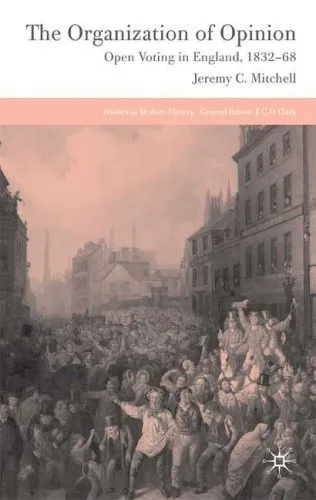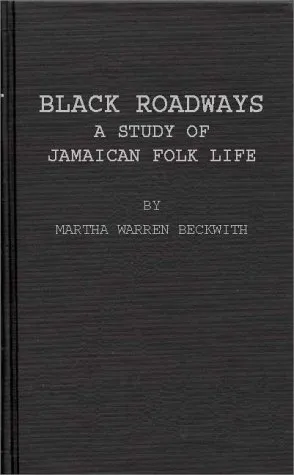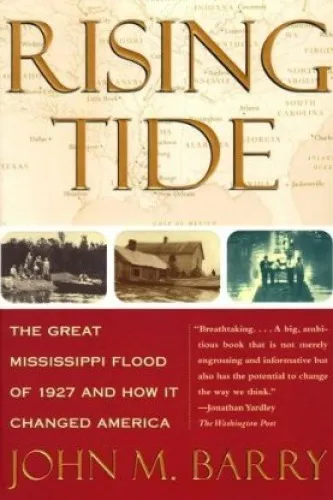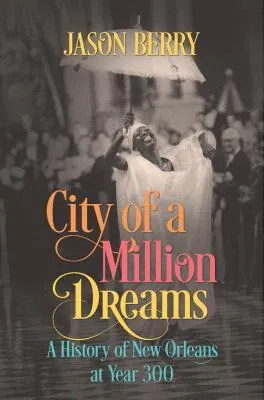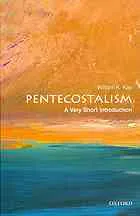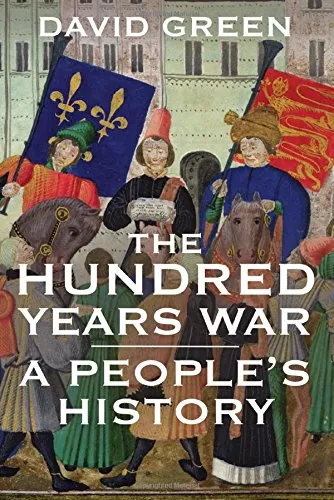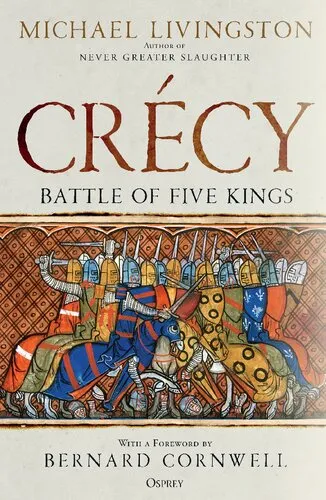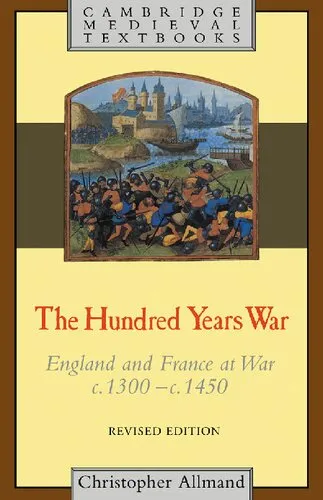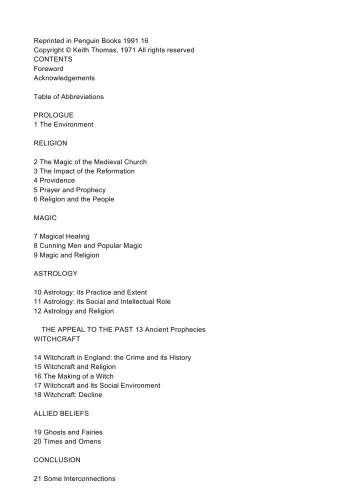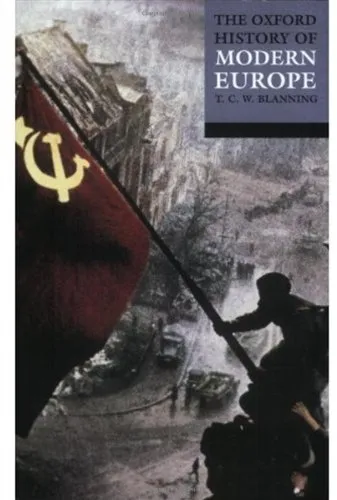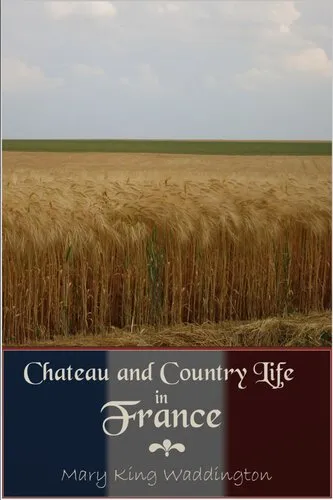The Organization of Opinion: Open Voting in England, 1832-68 (Studies in Modern History)
3.8
Reviews from our users

You Can Ask your questions from this book's AI after Login
Each download or ask from book AI costs 2 points. To earn more free points, please visit the Points Guide Page and complete some valuable actions.Related Refrences:
Welcome to the introduction of The Organization of Opinion: Open Voting in England, 1832-68, a comprehensive exploration of the pivotal role that open voting played in shaping political and societal dynamics in 19th-century England. Part of the Studies in Modern History series, this book intricately weaves historical analysis with political theory to uncover the profound implications of public voting practices during a transformative period in British democracy.
Detailed Summary of the Book
The period spanning 1832 to 1868 marked a critical chapter in British history, characterized by sweeping reforms, political renewal, and the growing entrenchment of democratic principles. This book investigates the practice of open voting — where voters’ choices were publicly disclosed — during this era. Drawing on extensive archival materials, parliamentary records, and contemporary accounts, this study highlights the dual-edged nature of open voting. While it was celebrated as a mechanism of accountability, ensuring voters were beholden to their community and employers, it also exemplified how electoral processes could be manipulated to suppress dissent and secure compliance.
The work begins by contextualizing the Reform Act of 1832, demonstrating how it reshaped Britain's political landscape and introduced fresh tensions regarding voter privacy. Through a granular analysis of legislative debates and societal attitudes, The Organization of Opinion traces the evolution of discussions about voting practices, culminating in the 1868 secret ballot reforms. By mapping the political, economic, and cultural implications of open voting, the book offers nuanced insights into the mechanisms of power, pressure, and persuasion that defined electoral politics in 19th-century England.
Key Takeaways
- Open voting practices in England between 1832 and 1868 were both a tool of public accountability and a source of voter intimidation.
- The book examines the conflicted attitudes of lawmakers and citizens, showcasing their struggle to balance transparency with the protection of individual liberties.
- Through meticulous research, this work reveals how economic interests — particularly those of landlords and employers — played a disproportionate role in shaping electoral outcomes during this period.
- The transition to secret ballots in 1868 marked a defining moment in the evolution of democratic practices in Britain, laying the groundwork for modern electoral systems.
- Readers gain an in-depth understanding of how historical practices such as open voting continue to inform contemporary debates about fair elections, transparency, and voter autonomy.
Famous Quotes from the Book
"Open voting was a mirror to society’s hierarchies, a mechanism by which the powerful could wield influence and the weak were reminded of their vulnerabilities."
"To understand the great reforms of the 19th century is to understand that democracy, like all institutions, is perpetually under construction."
Why This Book Matters
Understanding the history of voting practices is essential for comprehending the challenges and opportunities inherent in modern democracy. The Organization of Opinion offers readers a compelling look into a period when England grappled with the tension between transparency and coercion, shedding light on how democratic ideals were developed, contested, and eventually refined. The insights presented in this book resonate far beyond its historical scope, providing lessons that remain relevant as nations continue to contemplate and debate the mechanics of free and fair elections.
By delving into the complexities of public versus private voting, this book invites readers to question the fundamental dynamics of democracy. It is not merely a historical account but a call to reflect on how societal structures — whether economic circumstances or cultural norms — shape our collective choices and the mechanisms by which those choices are expressed.
Free Direct Download
You Can Download this book after Login
Accessing books through legal platforms and public libraries not only supports the rights of authors and publishers but also contributes to the sustainability of reading culture. Before downloading, please take a moment to consider these options.
Find this book on other platforms:
WorldCat helps you find books in libraries worldwide.
See ratings, reviews, and discussions on Goodreads.
Find and buy rare or used books on AbeBooks.
1223
بازدید3.8
امتیاز0
نظر98%
رضایتReviews:
3.8
Based on 0 users review
Questions & Answers
Ask questions about this book or help others by answering
No questions yet. Be the first to ask!
